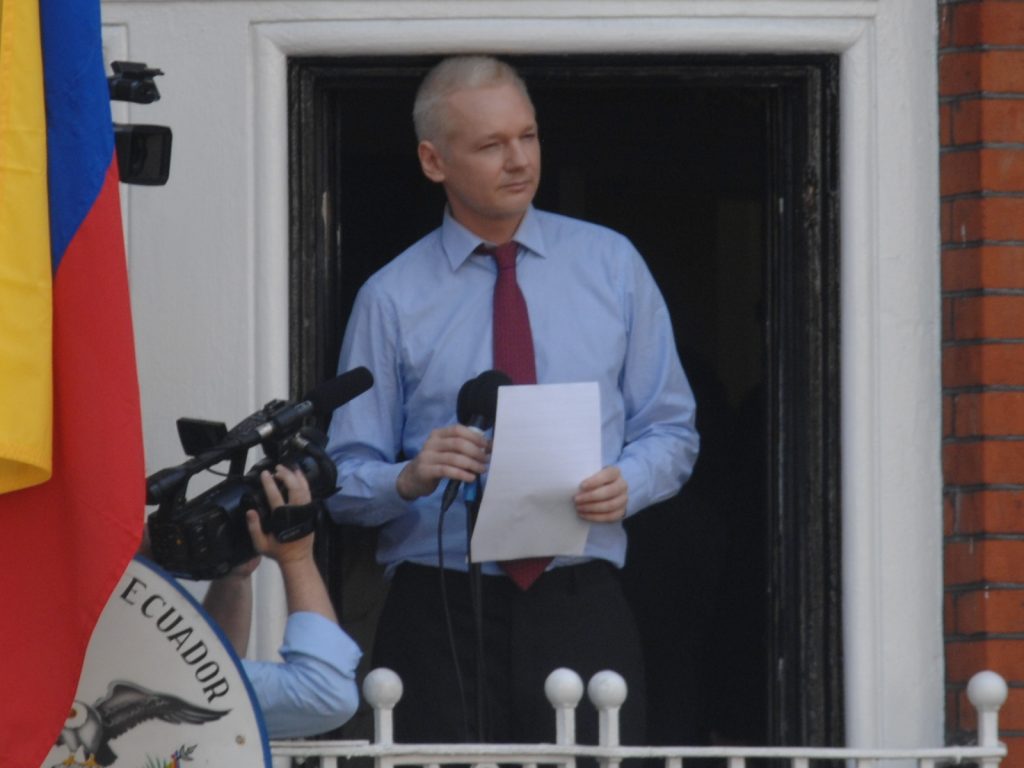On January 4th, a British judge refused the United State’s request to extradite WikiLeaks founder Julian Assange after finding there was a “substantial” risk that he would harm himself.
“I am satisfied that, in these harsh conditions, Mr. Assange’s mental health would deteriorate, causing him to commit suicide with the single-minded determination of his autism spectrum disorder,” District Judge Vanessa Baraitser said in a ruling released on January 4th.
See our Deep Dive: Are Wikileaks’ Actions Protected by the First Amendment?
While the ruling is good for Assange personally, Jameel Jaffer, executive director at Knight First Amendment Institute warned that it was “not an uncomplicated victory for the press.”
“The court makes clear that it would have granted the U.S. extradition request if not for concerns about Assange’s mental health, and about the severe conditions in which the U.S. would likely imprison him. In other words, the court endorses the U.S. prosecution even as it rejects the U.S. extradition request. The result is that the U.S. indictment of Assange will continue to cast a dark shadow over investigative journalism,” Jaffer said in a statement posted on Knight’s website.
The U.S. government has two weeks to appeal the decision. In a statement, the U.S. Justice Department said it plans to continue to seek charges against Assange.
“While we are extremely disappointed in the court’s ultimate decision, we are gratified that the United States prevailed on every point of law raised. In particular, the court rejected all of Mr. Assange’s arguments regarding political motivation, political offense, fair trial, and freedom of speech. We will continue to seek Mr. Assange’s extradition to the United States,” department spokesman Marc Raimondi said in a statement.
Tags




